Herbs for Depression: 7 Plants to Make Life Suck Less
Herbs for Depression: 7 Plants to Make Life Suck Less
We Should Be Using Herbs For Depression Treatment
Life sucks ass sometimes — an existential mosquito on Nietzsche’s fat snout, sucking the juice straight outta Sunday.
Depression can be a seemingly unrelenting spontaneous shit-storm. And yet still somehow nature is simultaneously beautiful — a mystical, magical plant-planet compound of interlocking oneness.
We hate to get all woo-hoo here, but nature is one trippy ass sorceress. She puts compounds in plants to protect plants — and those same compounds protect us.
But back to the root of the turnip — you’re depressed, maybe morbidly so: listening to midnight Skinny Puppy, HiFi cranked past 11, staring deep into the dark void of space until it stares straight back, sucking you dry as a bone.
Come to Mama — Nature’s here for you. There are so many natural herbs for depression alleviation.

Open Enrollment: Depression’s Growing Epidemic
While you may feel alone, you’re really not. Fact is — join the club. More than 17 million Americans have experienced at least one major depressive episode lasting 2 weeks or more.
That’s roughly 7% of the population, i.e. walk by 100 people any afternoon, about 7 feel just as shitty as you do.
And it’s higher if you’re a woman, a blended race, or young (13% for ages 18 to 25).
And no, it’s not just your imagination. Depression is getting worse, statistically speaking.
Blame iPhones, economics, Global Warming — W-ever-TF, but more and more people feel that life just blows these days. (According to findings published in the journal Psychological Medicine, a third more people qualify for clinical depression in just the last 10 years.)
So there are plenty of reasons to be depressed. Pick 1, 2 or 3 bloody thousand out of a bunny breeding magic hat — but stop blaming yourself. Nature can help. Really.
A Cautionary Note: Listen to Your Doc
If you are already on medication, ask your doctor before considering using herbs for depression treatment. For those suicidal or otherwise in dire need of medication, we are in no way wanting to diss antidepressants. They can be lifesavers. Follow your doctor’s advice. And eat your vitamins — especially the Fred & Wilma kind.
And yet at the same time, penmanship for depression scripts has gotten downright trigger happy these days. Got a little blues? Get prescribed bottomless refills of the mean reds, pissy yellows, urinal cake whites — when in fact, nature’s little green something just do might do you some good.
Here’s a garden bed of herbs, roots, and veggies to naturally boost your mood, put a little zing in your thing, lift your head out of the proverbial toilet bowl of general “life-just-sucks-ass”-ness. Volcano hybrid review
Herbs for Depression
Originally used by indigenous peoples in Central America for worn out nerves and depression, Damiana imbues a feeling of well-being and contentment. This flavorful desert herb is both an aphrodisiac and an antidepressant. (It’s pretty much the plant version of David Sanborn’s alto sax.)
Like soothing modern jazz and a gentle ocean breeze, damiana contains chemicals that affect the brain and nervous system. It’s a relaxing, gentle herb that can be quite blissful. The Mayans are thought to have drunk a sweet Damiana tea to stimulate lovemaking. And nothing beats depression like a little ying and yang between the sheets.
An extract of the plant Hypericum perforatum, St John’s Wort has been used to treat depression for centuries. (Druids may dress all Goth, but @#$% yeah do they know their happy plants.) It is thought to increase levels of the neurotransmitters serotonin, norepinephrine, and dopamine, improving mood — possibly by reducing the body’s production of cortisol, a hormone associated with stress.
Tread with care, ladies — St. John’s Wort may mess with oral birth control. It also might not be all that effective for severe or chronic depression. But for mild Skinny Puppy fans, tea it up.
Considered a weed by suburban landscapers everywhere, mugwort has been used for centuries to treat a range of maladies from flatulence to fertility. Ancient Romans put it in their sandals while marching into battle to avoid fatigue. Mugwort was also thought to guard against evil spirits.
Mugwort is known as the dreamy herb because of its restful and meditative properties. In fact, some even put it inside pillows to induce lucid dreaming. Ancient Chinese medicine suggests it can improve energy and stimulate the circulatory system. As a destressor, mugwort is useful in soothing the mind due to its sedative properties. And it probably growing right in your front lawn — providing you don’t murder it with a bottle of Roundup first.
Has a long history as an herb for depression. Also known by the name sweet flag (not to be confused with Black Flag), calamus is a medicinal root in ancient Ayurvedic and Chinese medicine used to produce a feeling of well-being and calming effect. It works to interact with the GABAA receptors. Sweetly fragrant, calamus boosts memory, stimulates the nervous system and the brain, and alleviates depression. It is one of the most prevalently used herbal medicines by the Chipewyan people, an aboriginal tribe in Western Canada.
Folate
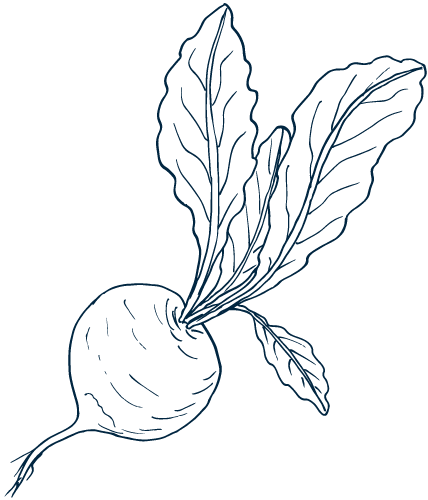
Folate is a B vitamin found in green leafy vegetables, citrus fruits, beans, and fortified bread and cereals. Folate works to boost mood elevating neurotransmitters in the brain such as serotonin. Placebo controlled studies found that women in particular had a boosted response rate to folic acid — the synthetic version of folate.
Many people who suffer from depression have folate deficiency. And yet people with low levels of folate are less likely to find relief from antidepressant drugs. Folate tends to be well tolerated by the body and doesn’t interfere with other medications. Your mother was right. Eat your greens!
Saffron
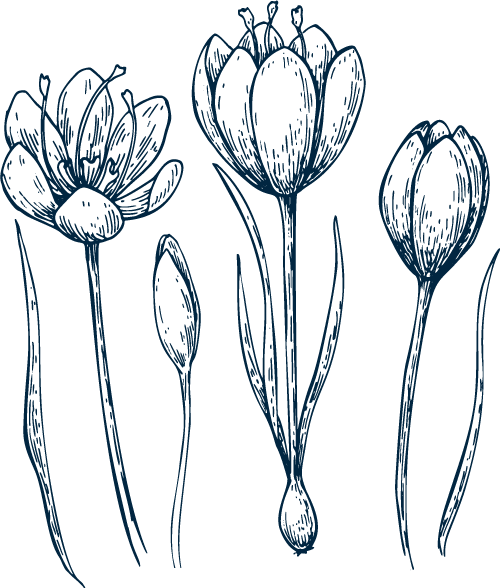
Nicknamed the “sunshine spice,” saffron is an herb from dried crocus flowers. Scientists find it can be beneficial in treating mild to moderate depression. Studies indicate saffron may help exert anti-depressant effects by balancing levels of dopamine, norepinephrine, and serotonin. The ancient Greeks used Saffron to enhance libido, boost mood, and improve memory. Get it on, feel good, and still remember your car keys.
A widely cultivated herb, lavender is known for its calming effects. It may be a useful herb for depression relief. One 2003 study compared the effectiveness of a lavender tincture to the antidepressant imipramine. It also helps relieve stress and improves moods. And it makes you smell good. Lather it up, Flower Child!
A Good Cry in the Woods — An Unorthodox Way to Use Herbs for Depression
But you don’t need to eat or drink herbs for depression healing benefits. You could just bathe in it.
Yes, forest bathing is a thing. It’s not a literal term — forest bathing is essentially sitting in nature and contemplating stuff, soaking up the essence of the planet. Most people do it with their clothes on, but we don’t judge those who do it without. There may even be benefits to that too. Just be sure any signs of civilization are far from your naked bod.
Some people even get paid to teach other people how to forest bathe. (There are schools and professional certifications for guides.) But it’s really not that complicated. Just sit in nature and think to yourself. Bring some poetry, refreshing ice-tea, a comfy blanket for sitting. Studies suggest simply being in nature can alleviate stress and depression.
And let’s not forget good old fashioned tears. They’re part of the body’s immune system, and they’re good for you. Crying exerts a similar physiological phenomenon to laughter. As far as your psyche’s concerned, it’s one and the same. Cry in the woods if it feels good.
So go ahead: laugh, cry — sit and be still. Nature is good for you. Reconnect and heal.
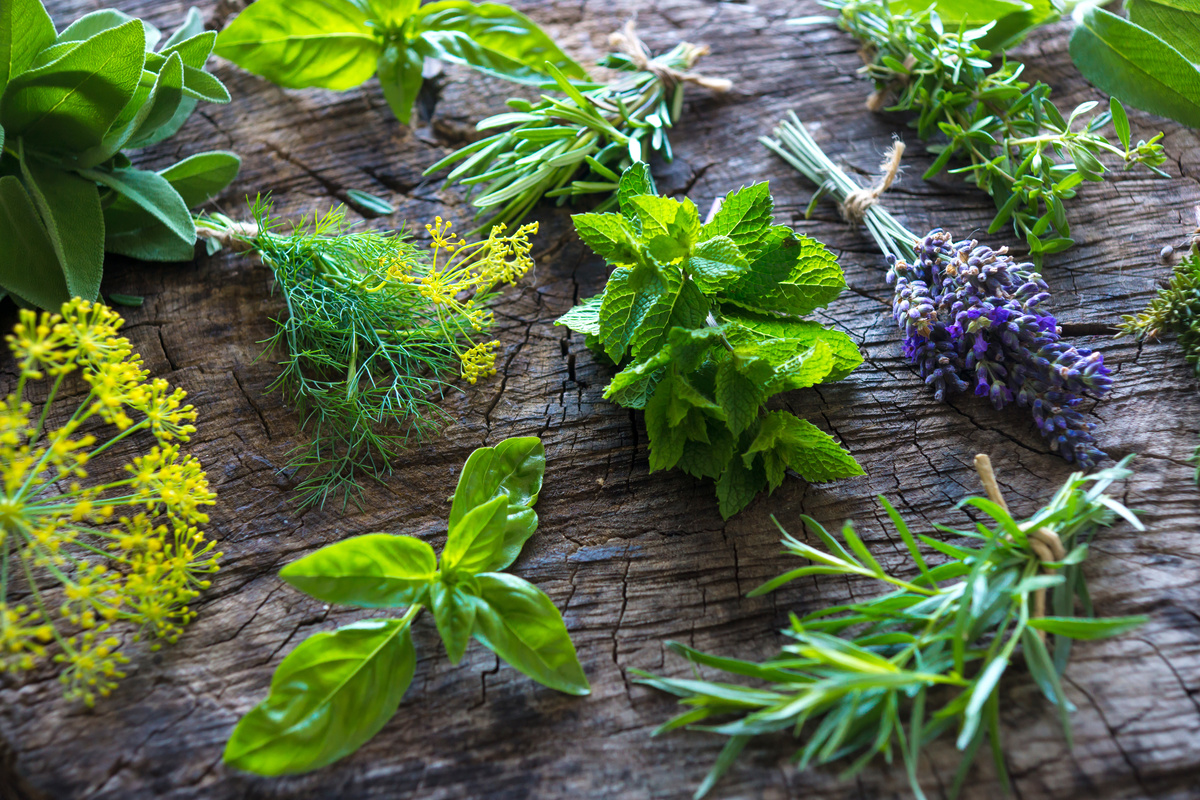

Mathew Gallagher
Wordsmith Specialist
A freelance writer for hire, Matt Gallagher is the face and voice behind Web Copy Magician. He enjoys Bear Blend as a tea to spiritually reconnect with nature and the therapeutic wonders of chlorophyll.
4 Comments
Trackbacks/Pingbacks
- Chocolate, Witches, & Magic Sex: What You Sipping On? - […] Many of our blends promote vitality. Damiana, a heady ingredient in many Bear Blends, is a flavorful desert herb…
- Chocolate, Witches, & Magic Sex: What You Sipping On? | Bear Blend - […] Many of our blends promote vitality. Damiana, a heady ingredient in many Bear Blends, is a flavorful desert herb…
- Cannabis Science: How Terpenoids Affect Weed Sativas & Indicas | Bear Blend - […] The Earth is a pharmacy cornucopia. Eat your greens and be happy. […]
- Love Cannabis? 5 Groovy Ways to Save on Bud in a Pandemic | Bear Blend - […] effects and influences on your mind and spirit. Mugwort inspires lucid dreaming. St. John’s Wart is great for depression…
- Love Cannabis? 5 Groovy Ways to Save on Bud in a Pandemic | Bear Blend - […] effects and influences on your mind and spirit. Mugwort inspires lucid dreaming. St. John’s Wart is great for depression…
- Chocolate, Witches, & Magic Sex: What You Sipping On? - […] Many of our blends promote vitality. Damiana, a heady ingredient in many Bear Blends, is a flavorful desert herb…
- Look and Feel Fresh This Summer With CBD - […] is good for what ails you. The herbs in Bear Blends are great for sleep, relaxation, meditation. Some ease…
- Make Smoking Cool Again: Free the Herb & Be Happy - […] is good for what ails you. The herbs in Bear Blends are great for sleep, relaxation, meditation. Some ease…
Submit a Comment
Join the Bear Blend Tribe
Tribe members receive special discounts on products, invitations to premier events and are welcomed to contribute writings and videos to the community.

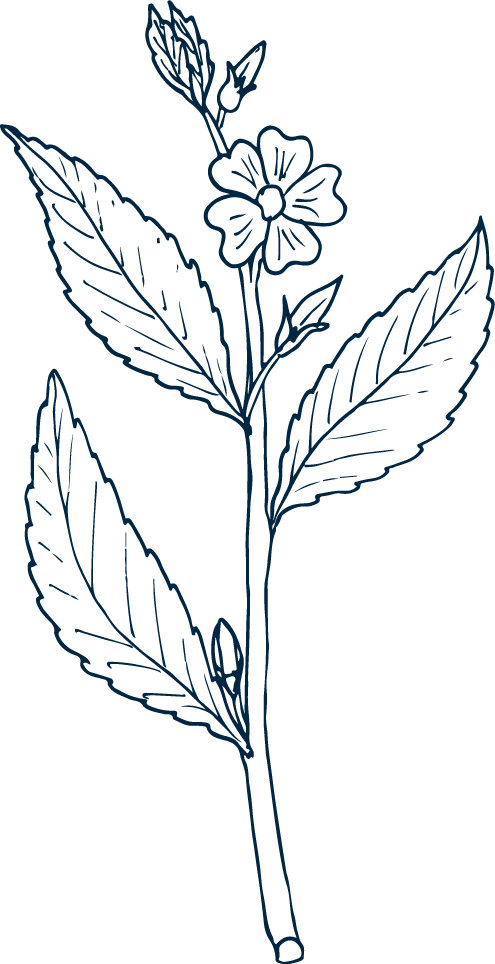
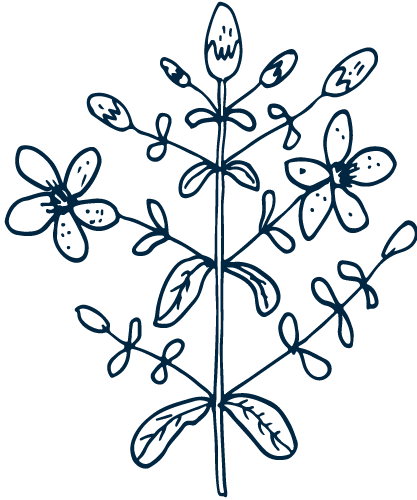
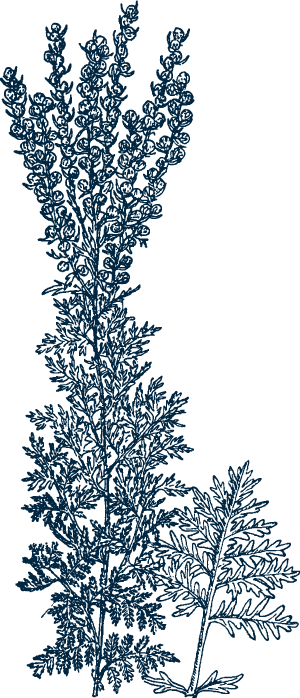
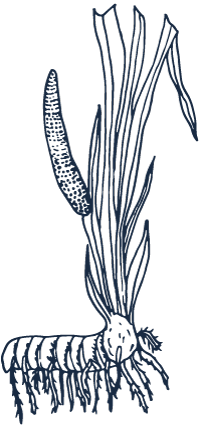

Mathew Gallagher! Just reading your articles is a BIG Boost for me as an ‘anti-downer’! I laugh and nod my head (many times simultaneously) as I ‘get’ what you are saying………..If you wrote a book of nothing but your views’, it would probably help heal a lot of us here on Mother Earth (at least it would ‘me’ 🙂 Thanks, Brother…. your mind-set reminds me of when I was in college in the 60’s……..and really never left:)
William
Careful with St. John’s Wort. There’s a bunch of prescription meds it can mess with. Everything from anti-depressants to post-organ transplant drugs to HIV treatment drugs.
These herbs are such a blessing! Altho Mugwort is great but NOT for pregnant or breastfeeling folks, and can also “mess” with birth control. Great for men who need a little feminine energy
As is written on all of our Bear Blend packaging, we do not recommend our blends for women who are pregnant. However, mugwort can be quite good for women who are NOT pregnant or breastfeeding. In larger doses, mugwort can encourage the onset of the moon cycle and therefore should be avoided when you are Pregnant.
Many people make bold claims about herbs that inspire fear. We try to avoid that. It is our experience and belief that all herbs can be beneficial, and , when it comes to plant medicines, the difference between poison and medicine is in the dose. Celebrate wisely.